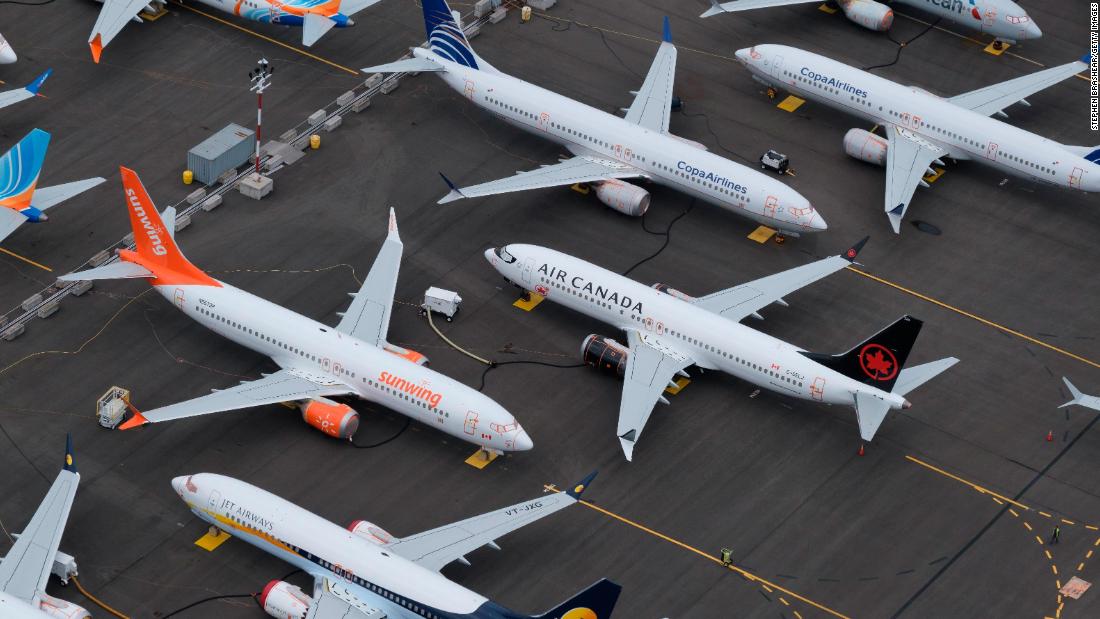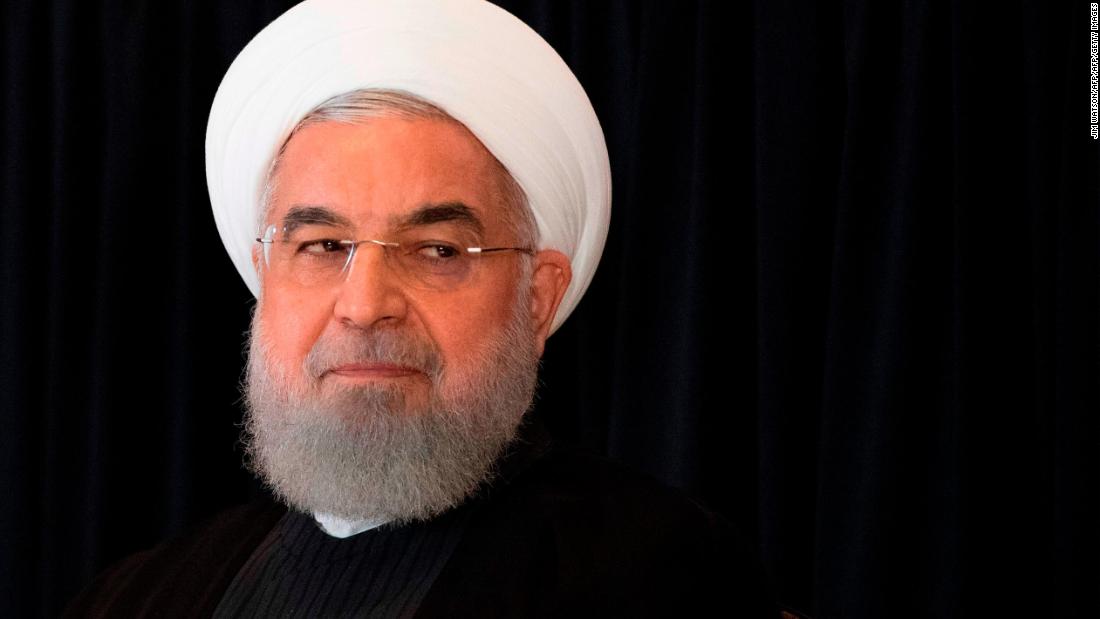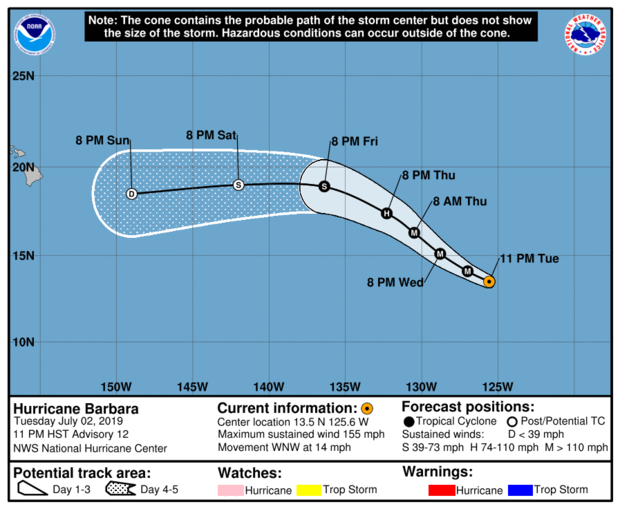BEIJING — When protesters in Hong Kong became more forceful on Monday, the People’s Daily reprised a recent speech of China’s leader, Xi Jinping, calling on party cadres to carry forward the struggle of the Communist revolution fought 70 years ago.
“We must overcome all kinds of difficulties, risks and challenges,” he said.
It was the latest signal that Mr. Xi has no intention of bowing to the protesters’ demands for greater rights. On the contrary, the storming of Hong Kong’s legislature on Monday night seems to have given ammunition to hard-liners and prompted the sharpest denunciations in Beijing so far, suggesting the ruling Communist Party’s patience was wearing thin.
“I think they have realized it is time to take measures” to restore order, Song Xiaozhuang, a professor in the Center for Basic Laws of Hong Kong and Macau at Shenzhen University, said in a telephone interview, referring to the authorities in Beijing.
“This does not mean there is no patience, or that they want to get it done promptly, but it does mean that they cannot wait for long.”
Mr. Xi has not publicly addressed the political tumult in Hong Kong. Nor have officials disclosed any options they might be considering. But there is little doubt about Mr. Xi’s convictions, which are shaped by history and a deeply felt sense of the perils of popular uprisings.

“I have heard him talk at length, and passionately, about the challenges of governing China, and the need to maintain order in order to keep the country together,” said Ryan L. Hass, a fellow at the Brookings Institution who served as the director for China at the National Security Council during the Obama administration.
He noted that the mass protests that toppled authoritarian governments in North Africa and the Middle East in 2011 coincided with Mr. Xi’s ascent to the presidency and were “seared into his brain.”
Mr. Xi’s stance is not without risks, but he has governed with a millenarian sense of destiny, regularly exhorting the Communist Party to return to its original mission to transform a once-humiliated nation into the global power it is meant to be.
While the events in Hong Kong have generated considerable sympathy for the protesters, forcing the city’s leader to back down and suspend the bill, Mr. Xi still has most of the advantages of power on his side.
Those include time and influence. The central government can still mobilize a vast network of supporters in Hong Kong, including civil servants and business people beholden to the central government, economically or politically.
In a last resort, there is also the Chinese military. Few analysts expect that Mr. Xi intends to use force, but few doubt that he would if security significantly deteriorated in the city.
The People’s Liberation Army disclosed on Tuesday — certainly not by coincidence — that troops from its Hong Kong garrison had conducted training exercises last week. One photograph accompanying an article in the official military newspaper showed soldiers aboard a gunboat in Victoria Harbor, weapons drawn, with the city’s skyline in the background.
After weeks of relative restraint, officials in Beijing have also begun to warn of grave repercussions. A spokesman for the Hong Kong and Macao Affairs Office, warned that the defacing of the legislature was “a blatant challenge” to Beijing’s red line: its sovereignty over the territory.
The Global Times, a nationalist tabloid controlled by the Communist Party, called for “a zero-tolerance policy,” warning that more violence could open a Pandora’s box.
That the protests in Hong Kong took place shortly following the 30th anniversary of the bloody suppression of the protests in Tiananmen Square and other cities in China has only hardened official views. This year is also the anniversary of the popular movements that swept Eastern Europe in 1989, toppling not only the Berlin Wall but also, ultimately, the Soviet Union itself two years later.
“There has also been a tendency to present these struggles — and Tiananmen was presented this way — as not being spontaneous expressions of the popular will,” Jeffrey Wasserstrom, a professor of history at the University of California, Irvine, wrote in an email, “even in cases when that is clearly what they are.” Rather, he wrote, Beijing describes such protests as “illegitimate efforts by small sets of malcontents spurred on by mysterious foreign forces.”
Mr. Xi, who has steadily amassed greater power than any Chinese leader since Mao Zedong, is acutely aware of that history.
“Why did the Soviet Union disintegrate?” he asked in a secret speech in 2013 that later leaked. “Why did the Soviet Communist Party collapse? An important reason was that their ideals and convictions wavered.”
He belittled the Soviet leader, Mikhail S. Gorbachev, for allowing it to happen on his watch. “In the end, nobody was a real man,” he said then.
Weeks before the bloody crackdown protests in Tiananmen in 1989, Mr. Xi delivered a warning about the folly of popular mass movements, according to research by Joseph Torigian, an assistant professor at American University in Washington who is currently writing a book about Mr. Xi’s father.
“This kind of ‘big democracy’,” Mr. Torigian quoted Mr. Xi as saying then, “‘is not in accord with science, not in accord with the rule of law, but is instead in accord with superstition, in accord with stupidity, and the result is chaos.’” Mr. Xi, a city official at the time, was speaking of the Cultural Revolution, but the message carries resonance today.
“Without stability and unity, nothing is possible!”
As the party’s leader, he has sought to extend its grip over virtually every corner of Chinese society, underscoring his view that stability can only be by eliminating threats to the party’s rule.
Hong Kong has become such a symbol of China’s success in reclaiming “lost” territory, Julian G. Ku, a law professor at Hofstra University, said, that the government today would be “loathe to admit any kind of limits to its sovereignty of this territory, lest it tarnish its success in recovering.”
When Britain’s foreign minister this week called on China to honor its commitments under the treaty that ceded British control of the city in 1997, a spokesman for the Ministry of Foreign Affairs pointedly replied that Britain no longer had any say in the matter.
Mr. Ku, who has written on China’s adherence to the treaty, said the spokesman’s bluntness was striking. “They might have always had this legal position but they never, as far as I recall, said this sort of thing out loud.”
Allowing Hong Kong a greater degree of autonomy over its own affairs, as even some pro-Beijing lawmakers suggested, could open the Pandora’s box, the Global Times warned. Hard-liners would argue that it would be seen as rewarding civil disobedience, which security officials on the mainland act quickly to snuff out, at times ruthlessly.
To be sure, Mr. Xi’s record of increasingly authoritarian rule — not least the detention of more than 1 million Muslims in Xinjiang — has raised alarms internationally about the direction he is taking China.
In Taiwan, a self-ruled island that Beijing also considers part of China, the unrest in Hong Kong has further undermined the appeal that Mr. Xi made in January to unify under the same “one country, two systems” arrangement.
President Tsai Ing-wen, who is seeking re-election next January, has styled herself as a defender of Taiwan’s sovereignty. Her standing in the polls rose following the Hong Kong police’s heavy-handed response to protesters on June 12.
The protesters’ brief siege of the city’s Legislative Council had echoes of the much longer occupation of Taiwan’s Parliament in 2014, which helped catapult Ms. Tsai to the presidency.
Mr. Wasserstrom said that the Communist Party’s old saying, “Today, Hong Kong; Tomorrow, Taiwan,” now “has a very ominous meaning.”
https://www.nytimes.com/2019/07/03/world/asia/xi-jinping-hong-kong.html
2019-07-03 16:03:34Z
52780325914730



